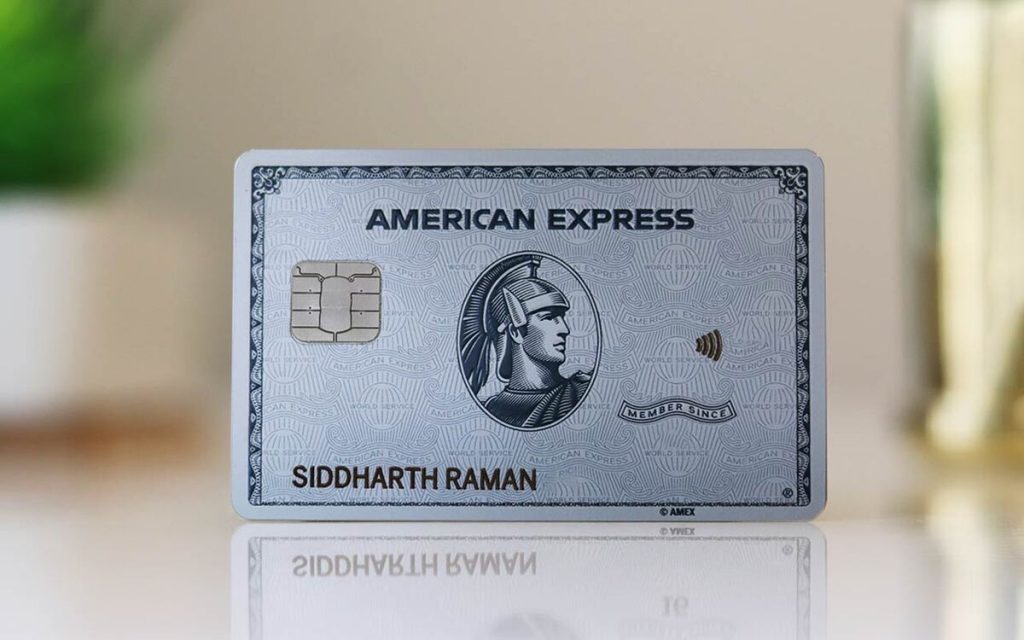Monitoring your credit card transactions is essential for maintaining control over your finances. Unrecognized charges, billing errors, or fraudulent activities can occur, and knowing how to dispute these charges with American Express is vital. This guide outlines the steps, deadlines, and best practices for handling disputes efficiently.
When to Dispute a Charge
Here are the key reasons to dispute a charge:
- Unauthorized Transactions: Charges you don’t recognize, indicating possible fraud.
- Billing Errors: Duplicate charges, incorrect amounts, or charges for items or services not received.
- Cancellations or Returns: Charges that remain after canceling a service or returning goods.
Statistical Insight: The Federal Trade Commission (FTC) reports that around 13 million Americans face identity theft each year. Regular monitoring of your account can help catch unauthorized transactions early.
Steps to Dispute a Charge
Follow these steps to dispute a charge on your American Express card:
- Log in to Your Account
- Access your account via the American Express website or mobile app.
- Go to “Account Services” and select “Inquiry & Dispute Center.”
- Select the Transaction
- Identify the transaction in question, ensuring it’s no longer pending, as disputes can only be filed for processed charges.
- Initiate the Dispute
- Click “Open a Billing Dispute” and provide the necessary details about the transaction.
- Submit Documentation
- Upload supporting documents if required, such as receipts or correspondence with the merchant.
- Await Resolution
- American Express typically acknowledges disputes within 30 days and aims to resolve them within 90 days.
Table 1: American Express Dispute Process
| Step | Description |
|---|---|
| Login | Access your account via the website or mobile app. |
| Select Transaction | Choose the charge you wish to dispute. |
| Initiate Dispute | Provide details and reasons for disputing the charge. |
| Submit Documentation | Upload evidence if required. |
| Wait for Resolution | American Express typically resolves disputes within 90 days. |

Time Limits for Filing Disputes
Understanding the time limits for filing a dispute is crucial:
- Cardholders have 120 days from the transaction date to file a dispute.
- Merchants have 20 days to respond to a chargeback notification.
Note: The Fair Credit Billing Act (FCBA) mandates disputes be filed within 60 days of the statement date, but American Express extends this period to 120 days, offering cardholders additional flexibility.
What Happens After Filing a Dispute
Once you file a dispute, American Express begins its investigation:
- Dispute Acknowledgment
- American Express acknowledges the dispute within 30 days.
- Review and Investigation
- The charge is investigated, which may include contacting the merchant.
- Resolution
- The outcome is communicated to you. If resolved in your favor, the charge is reversed; otherwise, the decision is explained.
Table 2: Dispute Timeline
| Event | Timeframe |
|---|---|
| Dispute Acknowledgment | Within 30 days |
| Investigation | 30 to 90 days |
| Resolution | Typically within 90 days |
Preventing Disputes
Preventing disputes is often easier than resolving them. Follow these practices:
- Monitor Your Account Regularly: Check statements and transactions to spot suspicious activity early.
- Set Up Alerts: Use email or SMS alerts for all transactions to detect unauthorized charges immediately.
- Keep Documentation: Save all receipts, invoices, and correspondence with merchants.
Statistical Insight: VISA reports that setting up transaction alerts can reduce fraud by up to 50%, emphasizing the importance of proactive monitoring.
Tip: Businesses should consider partnering with experts like Merchanto.org, an official partner of VISA and MasterCard in chargeback prevention. For more information, visit Merchanto.org.

Business Considerations
Businesses must also manage chargebacks effectively. Here’s a summary of key steps:
- Respond Quickly to Chargebacks
- Merchants have 20 days to respond to a chargeback. Failure to respond can result in an automatic loss.
- Gather Evidence
- Collect all relevant documentation, including sales receipts and communication with the customer.
- Use Tools Provided by Payment Processors
- Platforms like Stripe and Braintree offer tools to help merchants manage and respond to disputes.
Table 3: Merchant Responsibilities During a Dispute
| Action | Timeframe |
|---|---|
| Respond to Chargeback Notification | Within 20 days |
| Submit Evidence | Along with the response |
| Monitor the Case | Follow up until resolved |
Conclusion
Disputing a charge with American Express is straightforward but requires prompt action and careful documentation. Whether you’re a cardholder or a merchant, understanding the steps, timelines, and best practices can help ensure a favorable outcome. Regular monitoring, timely responses, and effective use of available tools are key to managing disputes.
Key Points:
- Act Quickly: Dispute charges as soon as possible.
- Keep Records: Document all transactions and communications.
- Stay Informed: Regularly monitor accounts and understand the dispute process to protect your finances.
For more detailed information on chargeback management, consult official resources from VISA, Mastercard, or trusted payment processors like Stripe and Braintree.



